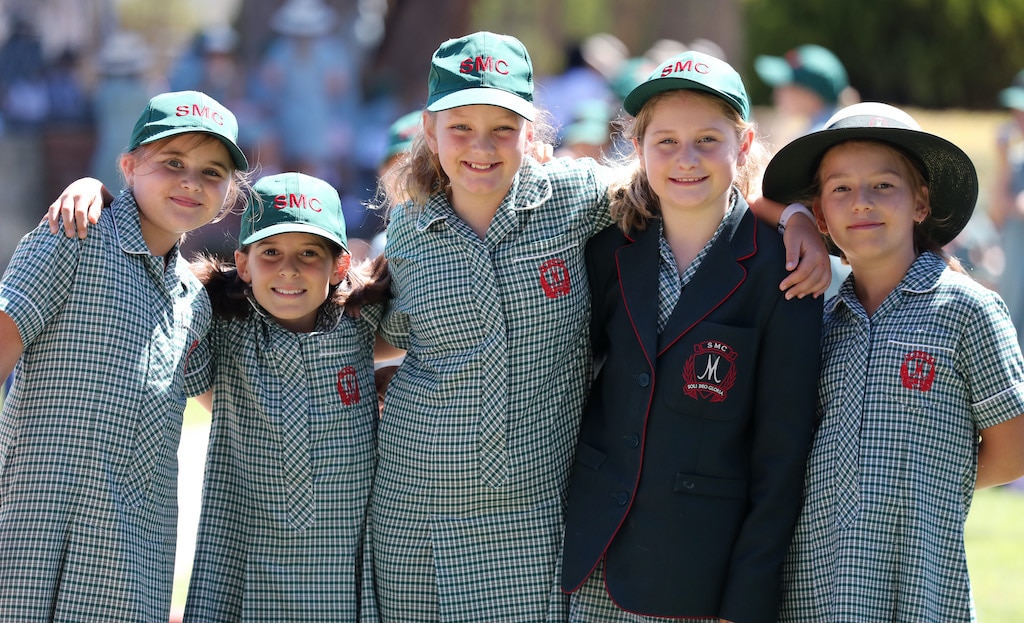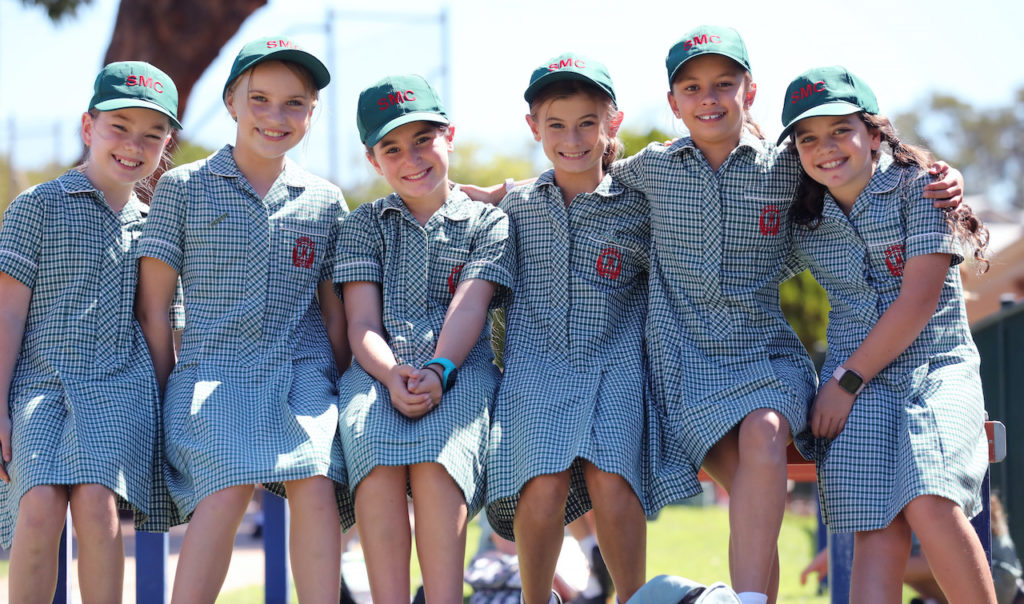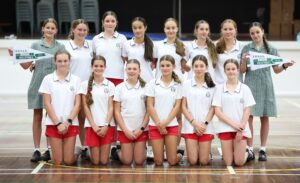Creating Healthy Friendships in Years 5 and 6

One of the key features of early adolescence is a growing focus on friends. Our pre-teens, in particular, start to explore their place in social networks, particularly at school. They become quite focused on what their peers think of them, social groups, and whether or not they belong.
As our kids are relatively unskilled in developing relationships and maintaining friendships, they often make mistakes. This inexperience, and their sometimes-impulsive behaviour, can lead to painful conflicts and disappointments. As uncomfortable as these incidents may be, they do provide us with opportunities to coach and guide children towards the skills needed in healthy relationships. This is learning for life.
At Santa Maria College, we know that healthy connections to friends is one of the most powerful protective factors available. Having people who truly hear and see us helps build positive mental health and resilience. For this reason, it is very important that we ensure our girls have the skills and understandings required for building healthy friendships.
To this end, and as part of our Mental Health Strategy, in Years 5 and 6 we run a friendship curriculum.

In Year 5, the girls have six lessons in Semester 1 with our Research Officer, Linda Stade. They cover ideas such as:
- One best friend is never enough
- Good gossip vs bad gossip
- Step away from drama cyclones
- Building friendships takes time
- Friendships change over time, and sometimes they end, and that’s okay
- The features and impact of relational aggression
In Year 6, girls begin their friendship lessons in Semester 2. They examine:
- Miscommunication leading to conflict
- Creating a culture of lifting each other up instead of tearing one another down
- Being assertive as opposed to aggressive
- Being an upstander instead of a bystander
- The features and impact of relational aggression
After these lessons, in the more intimate setting of their own classrooms, the girls complete activities with their teachers to reinforce the new ideas Linda has presented.
Dean of Years 5 and 6, Joanna Ryan says, “Our friendship talks with Linda have been invaluable in helping the girls navigate situations that arise in their lives. The classroom activities immerse and reinforce the messages from Linda and the common language developed has allowed for meaningful discussion between staff and students.”

Combating The Attention Spans Crisis In Our Students – Jennifer Oaten
It is no secret that attention spans have been steadily declining, especially among younger generations growing up immersed in digital technology. The average person’s attention span when using a digital device has plummeted from around two and a half minutes back in 2004 to just 47 seconds on average today – a dramatic 66% decrease over the past two decades.

Weekly Wrap Up: Term 2, Week 2, 2024
Week 2 has come to an end! This Weekly Wrap Up features highlights from Scuba Diving Club, the Sisterhood Series, and Boarding ANZAC Service.

Santa Maria Teams Shine in Term 1 Sports
Santa Maria had a huge number of girls in the IGSSA AFL and Volleyball competition with strong results for a number of teams.
- ConnectingLearning2Life, Featured, Mental Health Strategy, Social-emotional learning
Author: Santa Maria College
Santa Maria College is a vibrant girls school with a growing local presence and reputation. Our Mission is to educate young Mercy women who act with courage and compassion to enrich our world. Santa Maria College is located in Attadale in Western Australia, 16 km from the Perth CBD. We offer a Catholic education for girls in Years 5 – 12 and have 1300 students, including 152 boarders.






